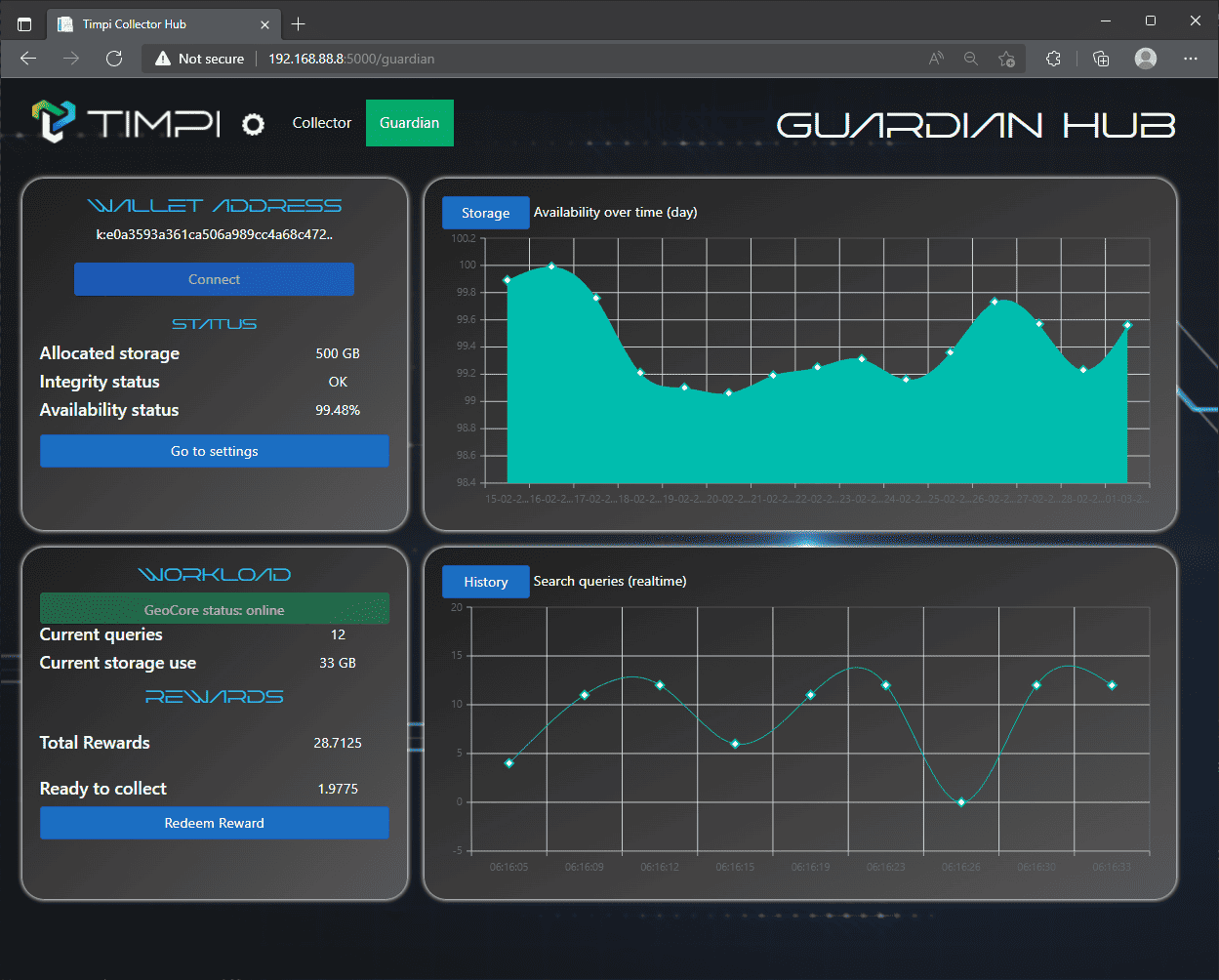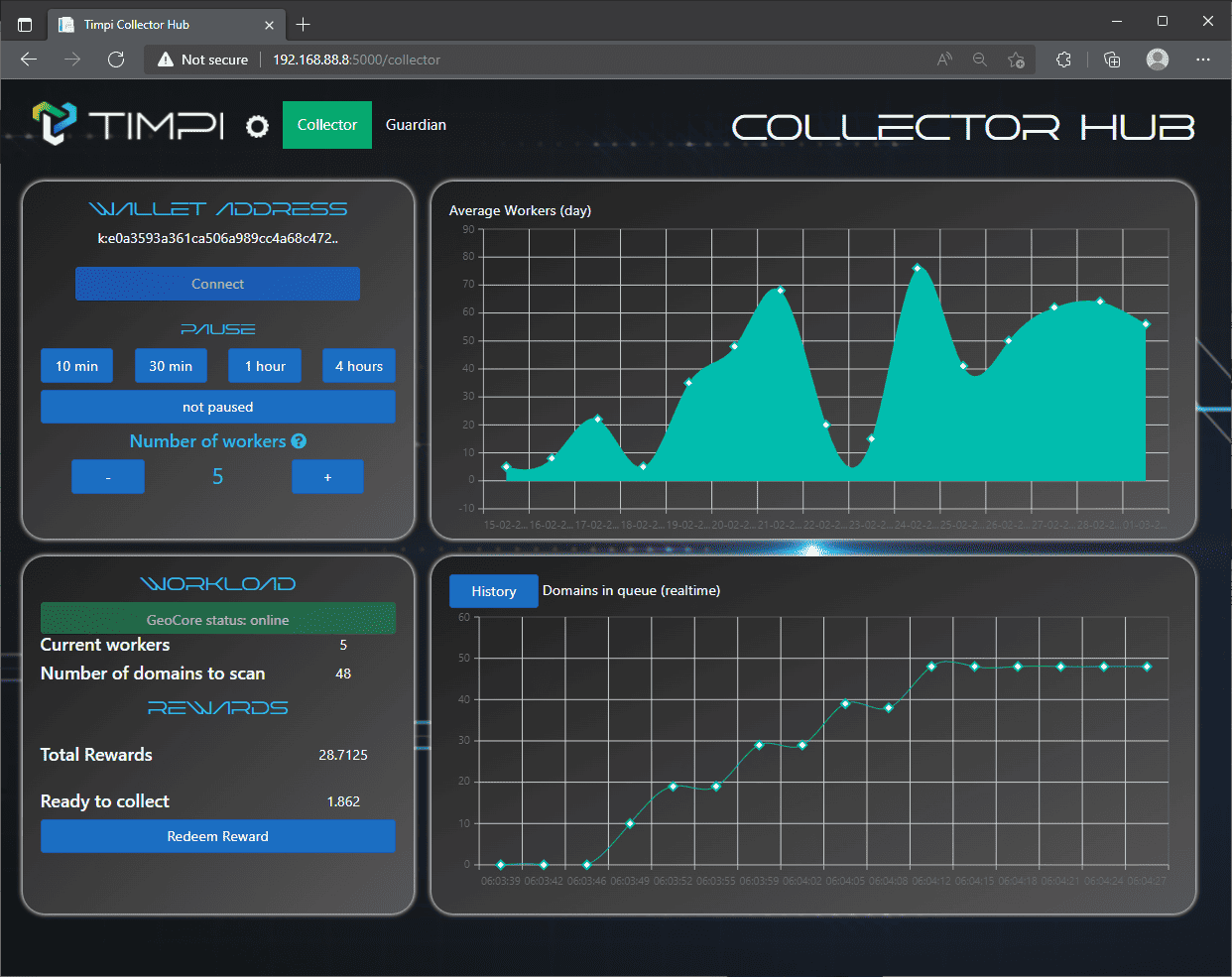The New World Of Web Access – Web3 Search Engine
The new web decentralization secures privacy and promotes freedom and authentic information access whilst rewarding users.
The New Age Of Global Community & Technology
One of the things that makes humanity so unique and defines us as humankind, is our ongoing evolution in our social and business spheres. We place value on connections and interactivity while sometimes fiercely clinging to our privacy and individualism. This dichotomy of values is one of the ways we require ever-changing evolution.
The evolution of humankind today is marked in a uniquely modern way with technology. We have come so very far from the industrial revolution two hundred and fifty years ago to the technological revolution that began in the 1950s and is still underway. The progress witnessed by older generations since the inception of technological concepts is completely foreign to the current and upcoming generations.
We live in a truly global new world environment that is more connected and more interactive than at any other time in human history thanks to the worldwide web. There is today a wider acceptance of individual interests and rights as our connections have expanded to almost everywhere and anywhere on the planet where cell phone coverage exists and internet access is available. Those connections cover approximately sixty-six percent of the world population. That’s a massive five and a quarter billion people connecting in some way every day!
With that huge global expansion of connection, we are faced with some unique challenges to how we live and work in the modern world. Today’s technology can be a blessing and a curse. It all depends on how clear we are about our values and how committed we are to maintaining them.
Old Values in The New Age Of Technology
With all the worldwide connections we enjoy in our technology-driven world, we also have a deep sense of recognition of and even reverence for freedom. We want to be free to enjoy the lives that we desire to create in our personal, social, and business spheres. Today, to support that freedom, people tend to put two expectations on the top of their list of what they require for the daily function of their lives and businesses. One is privacy when searching for information, a fundamental interest that is almost universally maintained as an essential right. The other is instantaneous response to requests for information, without giving up our freedom to move and to create.
One of the ongoing discussions in technology development is the individual’s right to privacy. In truth, this discussion will not and probably should not ever end, because the perception and definition of it are ever-changing. While Big Corp and government entities want to track customers and citizens and desire to drive attention, control information, and mild our beliefs, we generally maintain that the right to privacy is worth protecting. In the information mining climate that is so prevalent on the web, we search for technology and tech-related services that respect our rights. Enter the new age of Web3 Search Engine.
A Brief History of the Web
Web3 is the contracted version of Web3, or Web 3.0, which is the next generation of internet access availability. To understand how ‘next generation’ it is, let’s do a quick review of 1.0 and 2.0 history.
Web 1.0 was a static service that didn’t have much interactivity. Information was provided from limited publications that other organisations had published. It was like having an electronic version of magazines and newspapers without commentary or connections. This is why Web 1.0 is often called the “read-only web”. Not so much going on there. And not so different from the old world of print-copy.
Then came Web 2.0. It is known as the ‘social web’. The world was introduced to Facebook, Wikipedia, and YouTube. Information was linked and searchable and anyone with a computer, and later a tablet or smartphone, could access, search, connect, and interact with people and information, history and current events across the globe. And that’s not all. We were introduced to the wonderful world of apps. Now we can manage our calendars, websites, and bank accounts and get breaking news and more all from the convenience of our handheld devices.
With all that innovation and connection, it might have been a brighter, better world of connection. However, with those advancements and opportunities that opened to the public, there was a dark side of opportunity that big corporations were all too eager to jump on. While promoting a ‘free’ service (it’s true that users were not charged money for the service) there was a hidden cost. It’s the contemporary version of usury—users’ personal data, search histories, and buying habits are collected and mined to create specially targeted ad space that is sold to online advertisers.
The information mined is not just collected to sell stuff. It is used to drive people with specifically targeted ads, news and information, and create the culture and beliefs that big corporations want to promote. All for bigger profits. As the populace has become aware of the sneaky infiltration and control that Big Corp has exercised, developers have risen with services and technology to answer for the protection of the basic right of privacy. This is where/when Web3, with its clarion call for freedom and privacy, enters the technological world stage.
Essential Characteristics Of Web3
Web3 is often referred to as the ‘decentralized web’. The two main characters playing on the stage of Web3 are decentralized networks and blockchain. This is a revolution of decentralized applications (or DApps) and decentralized finance (or DeFi). DeFi includes the “new money” such as cryptocurrencies, assets, or tokens.
A decentralized internet is a grouping of services and protocols that intend to redistribute online power to users. Thus protecting the fundamental interests of freedom and privacy that humans so highly value. Often the service comes with incentives like crypto or token compensation and/or collectivized ownership. The code that powers an application in the decentralized system, is distributed across hundreds of servers, from collection farms to individual computers.
A blockchain in mechanical terms is a chain consisting of blocks or cylinders connected to links that are held in place by pins. This structure hooked up to gears connected to wheels creates movement. Those are some of the simple mechanics of enjoying a cruise through the park on your bicycle.
Like the drive chain that moves the wheels on a bicycle, a blockchain in web programming provides a secure and decentralized record of transactions, moving information along to the user. Blockchain is a dynamic collection of records, called blocks, each linked with a cryptographic hash of the previous block, transaction data, and a timestamp. The timestamp provides proof that validates the block published access.
The Bright New Kid on the Block – TIMPI
Search engines are customer service tools that allow online users to locate diverse information on the internet, including news, blog posts and brand offerings, and [to] make informed decisions.
“Informed decisions” is a flawed term when it comes to how information is provided on the web. Currently, Google commands a massive 92.26% of the world’s market share in search engine optimization (SEO). While it provides an essential tool for customer service, it comes at a cost not recognized previously, and only recently in the web development world has begun to be answered. The cost is privacy and freedom.
Google and Bing, as well as most of the dozens of smaller SEO providers, are making the decisions for the public before we have access to diverse information that really can assist in creating truly “informed decisions”. Big Corps are literally driving people through paid ad-sponsored content to a narrow channel of information to make bigger profits. They are reducing freedom and personal control over how connections are formed, resources are spent, and cultures and beliefs are developed.
In answer to this untenable condition, a new player has arrived on the stage called TIMPI, an alternative search engine provider. TIMPI is changing the way people think about search engine technology, creating a fair use and ethical platform for the people, powered by the people.
“Built on blockchain technology, TIMPI is the first completely decentralized search engine where the user has the option to mine rewards.”
TIMPI’s CEO, Joerg Buss and COO, Gareth Evans combine their individual expertise and core values with an exceptional team of developers to provide not only privacy and information security, but also free and independently shared information that supports individual intelligence and personal empowerment.
TIMPI is the first completely decentralized search engine that will never use your personal data and has utility low carbon emissions. This service provides the user with a true world view instead of a corporate defined and ad-driven view. TIMPI is “powered by you, for you.” TIMPI accomplishes this through the three items in their structure and offering to users—The Collector, The Guardian, and The GeoCore.
Three User Run Nodes
At the core of TIMPI’s brilliant plan for ethical and rewarded search engine usage are three user-run nodes. Users are in control of how they access and are informed on the web, whilst taking advantage of a token compensated program that provides incentive and freedom to the user.
In addition to being a decentralized search engine, it is also a Crypto project, designed to reward users. Whilst users have this beautifully designed access, TIMPI also offers rewards in three avenues of participating holdings—Reviewers, Collectors, and Guardians.

The TIMPI Team
The TIMPI team recognizes that to offer a true world view and to back up freedom for web users there must be an alternative option. This is why Joerg Buss brings his background in cyber security and Gareth Evans pools his career in IT consulting with the brilliant minds that make up their dynamic team of developers to create this first-of-its-kind SEO provider.
The company’s goal to disrupt the current market monopoly and establish an open and ethical way of searching and collecting information is a massive support to the fundamental advancement of technology and humanity. This team is committed to progressing blockchain technology by merging it with traditional business models whilst maintaining ethical business conduct. TIMPI is destined to become a global leader in the new world of We3.
And you are invited to join in the revolution.
Alex Jenkins had a catchup with Jeorg Buss, CEO just before the IDO on KDL which is the first truly decentralized IDO platform on Kadena.
TIMPI has inspired confidence in the TIMPI community in regards to openness, transparency, knowledge, and vision following this I was even keener to join the Web 3.0 project. I was fortunate enough to be able to get an allocation during the IDO round, and very much looking forward to possibly being selected to run all three versions of their NODES in Dubai and in London on my own core infrastructure.
For more detailed information on the TIMPI product roadmap, an explanation of the technology, marketing strategy, and a description of tokenomics, go to this link for the TIMPI white paper


